
In professional sports, things rarely stay the same for long. As time passes, things will inevitably change, and the NBA is no exception. Gone are the days of well-built, post-oriented half-court teams, disappearing is the floor general as a breed of the NBA point guard and slowly leaving the game is the notion of finesse over athleticism.
As the recent signings of Deron Williams to the Brooklyn Nets and Steve Nash to the Los Angeles Lakers would suggest, teams are also changing. The ‘superteam’ is the trend of the NBA and all-stars around the league are converging to forge power duos and trios. For the four or five teams in the league fortunate enough to possess such an arrangement, the NBA is nothing short of exciting.
But, for the other twenty-five franchises around the league, this change could do more harm than good. Looking back, the first instance of a ‘big 3’ or any form of all-star convergence began with the Boston Celtics and their acquisitions of Kevin Garnett and Ray Allen. Some believe that it lead to the Miami Heat and its trio of LeBron James, Dwyane Wade and Chris Bosh. As the ante was raised higher and higher, teams around the league realized that the traditional NBA team wasn’t going to work anymore and that winning a championship with one star was becoming increasingly difficult.
At this point, should the reported player transactions hold true once free agency officially begins on July 11th, the league will have a contingent of four, maybe five, teams considered to be in serious contention. The defending champions Miami Heat, the ‘Nash-ed’ Los Angeles Lakers, the still young Oklahoma City Thunder, the still old Boston Celtics and maybe the even older San Antonio Spurs.
One common theme among all five of the listed clubs is that they all feature at least two all-star players. Teams that are a tier below but are still considered ‘good’ teams include the Los Angeles Clippers, the Memphis Grizzlies, the Dallas Mavericks, the Indiana Pacers and the Chicago Bulls. A common theme among these squads is the presence of just one or no star players accompanied by a strong supporting cast.
Is it possible to win without multiple star talents? The Dallas Mavericks did it just two years ago with Dirk Nowitzki leading the charge. The Mavericks were able to defy the odds and defeat the star-ladened Miami Heat while riding Dirk the entire way.
Years ago, the Detroit Pistons were able to win a ring without any true superstar player. Considered one of the greatest defensive teams of all time, the Pistons featured point guard Chauncey Billup, shooting guard Richard Hamilton, forward Tayshaun Prince, power forward Rasheed Wallace and centre Ben Wallace.
Were these cases just merely exceptions? Year in and year out teams with one or no star are quickly eliminated in the playoffs and sometimes demolished by teams like the Boston Celtics and Miami Heat. Chris Paul and his L.A Clippers were borderline humiliated by the Spurs this past playoffs and Dirk Nowitzki‘s Mavericks were swept by the OKC Thunder’s trio of Durant, Harden and Westbrook.
Is the change necessarily bad? Back in the 1980’s few complained about seeing the likes of Magic Johnson and Larry Bird compete, and each of those legends were accompanied by a trio of fellow hall of famers. Of course, Michael Jordan must be brought up as an example of an individual great too, but even he needed Scottie Pippen before the Bulls could overcome Isiah Thomas and the Detroit Pistons.
Few NBA greats ever win rings by themselves, and even when discussing big names, most are paired with at least one other great. The likes of Stockton and Malone, Payton and Kemp, Robertson and Abdul-Jabbar, and even as far back as Jerry West and Wilt Chamberlain, might ring a bell.
Why complain about the forming of superteams when it’s the clear way to win? I really don’t understand it. Feel free to sound off in the comments if you disagree, or agree, but as of now, I’m fine wi the whole superteam trend. In fact, I quite like it.



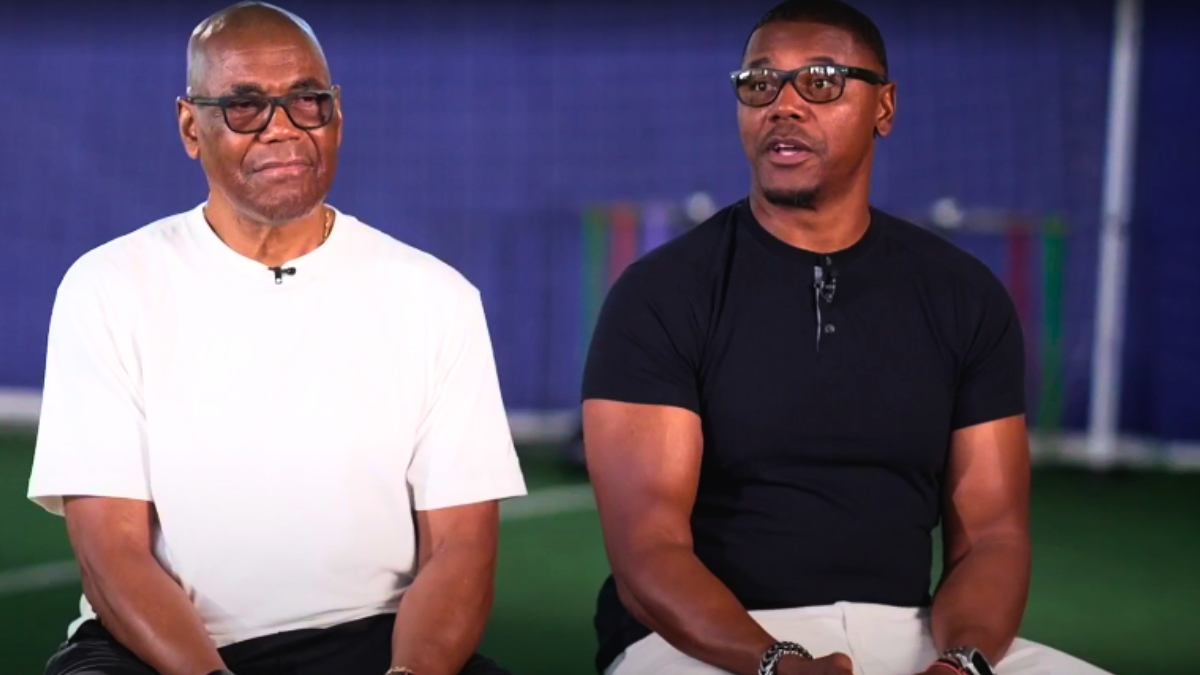
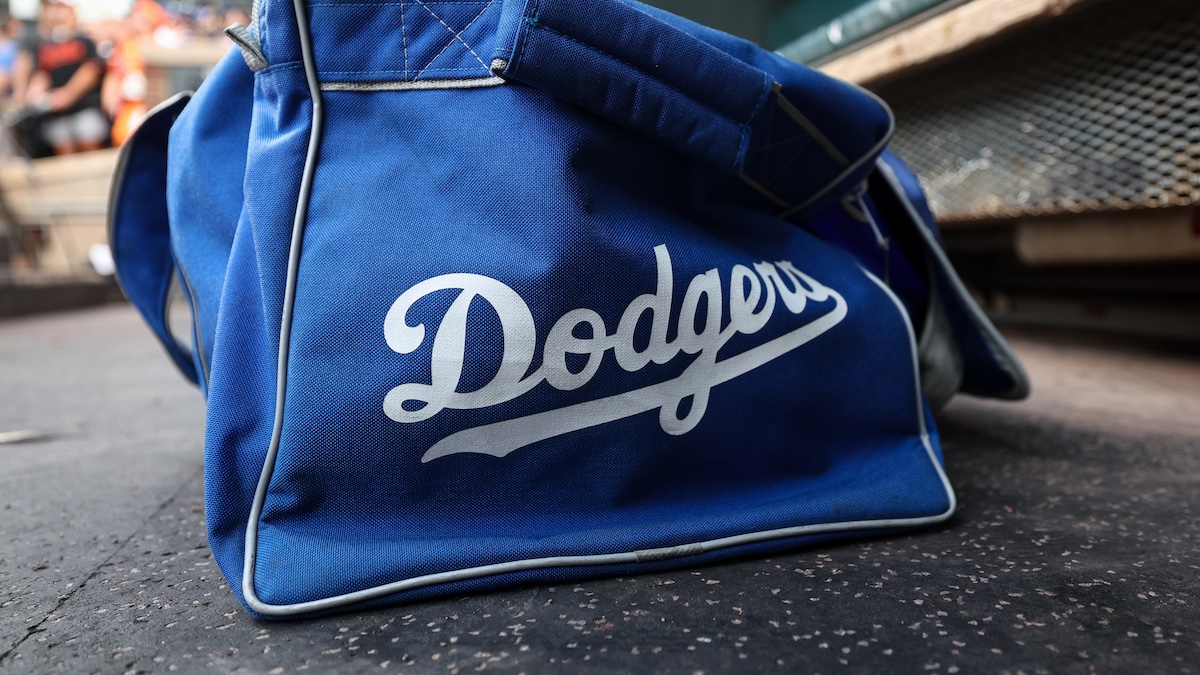
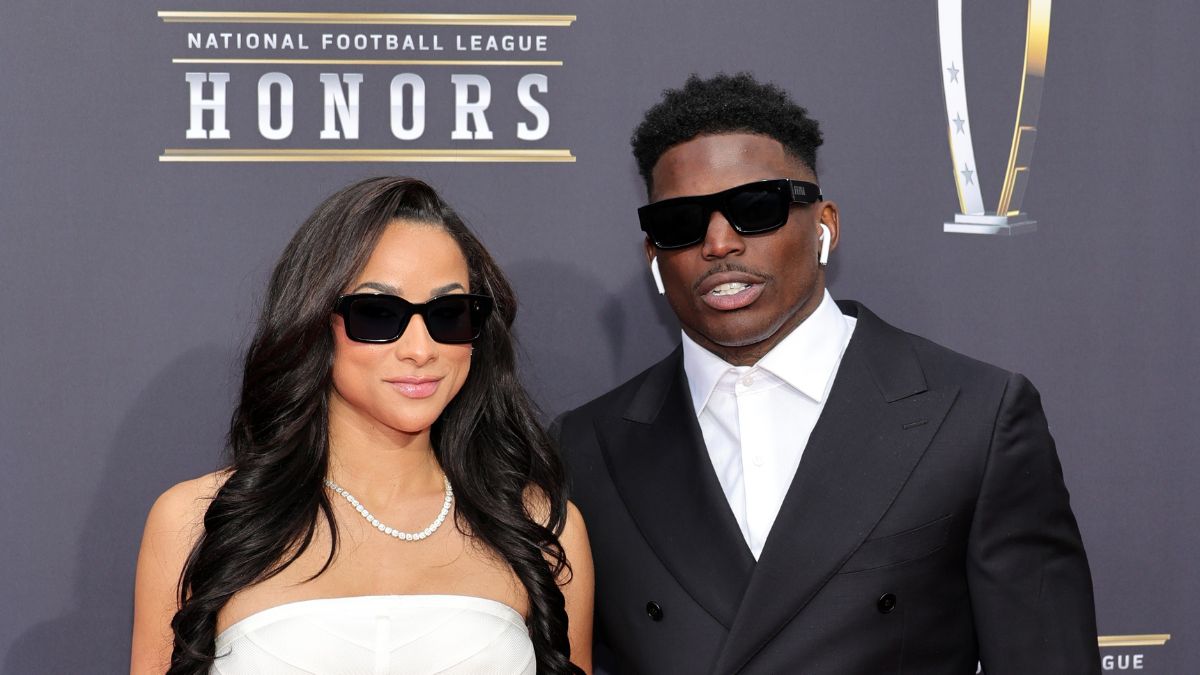
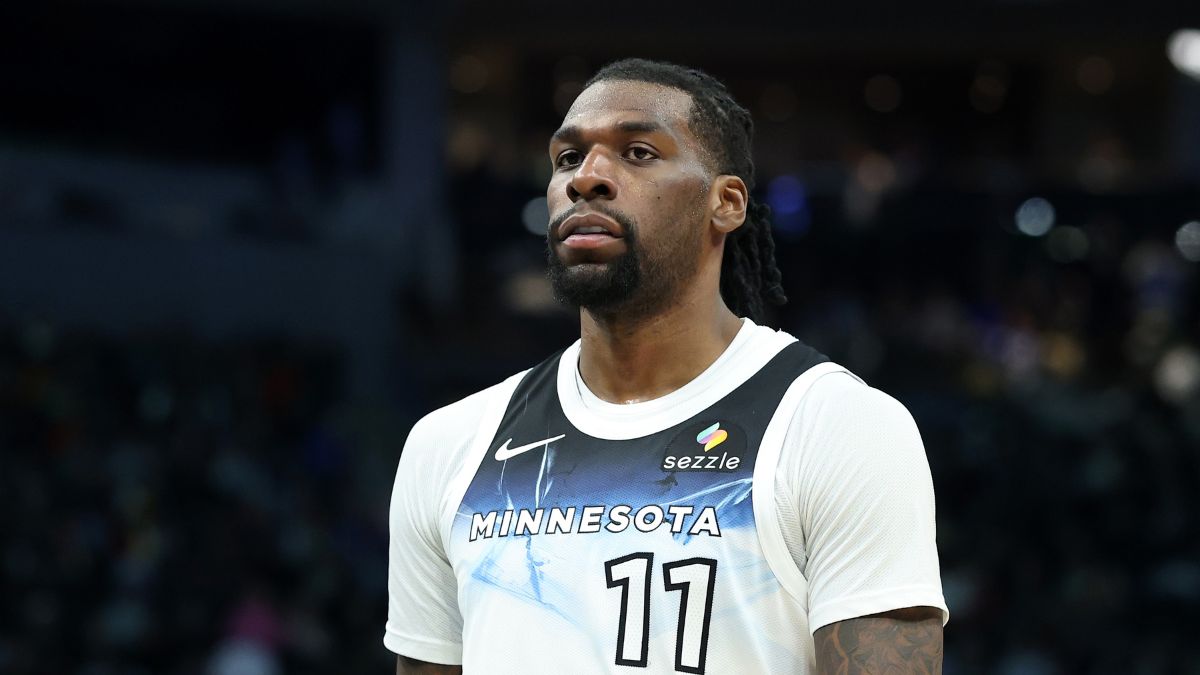
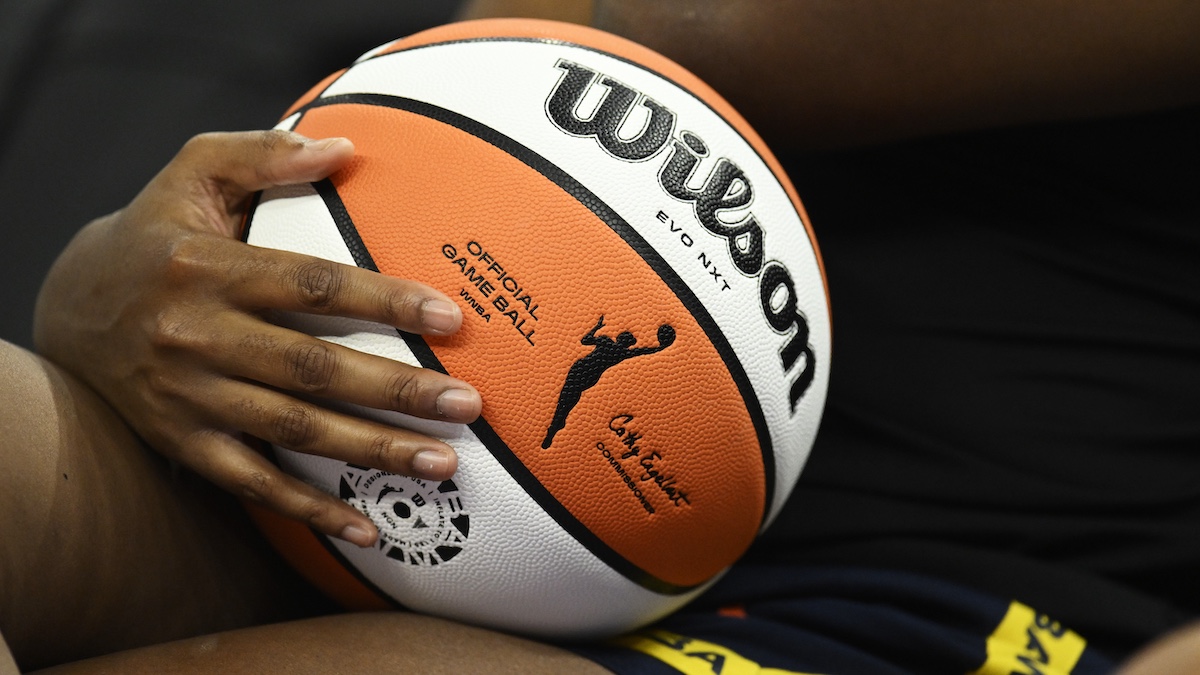

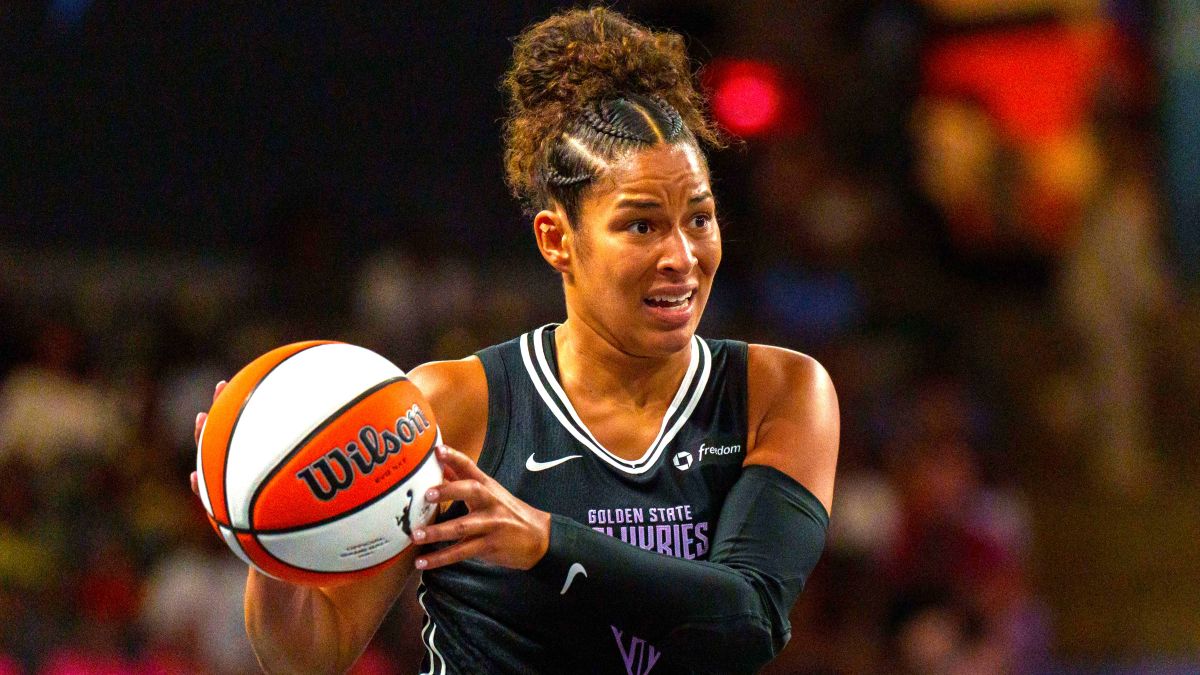
Published: Jul 10, 2012 11:56 am